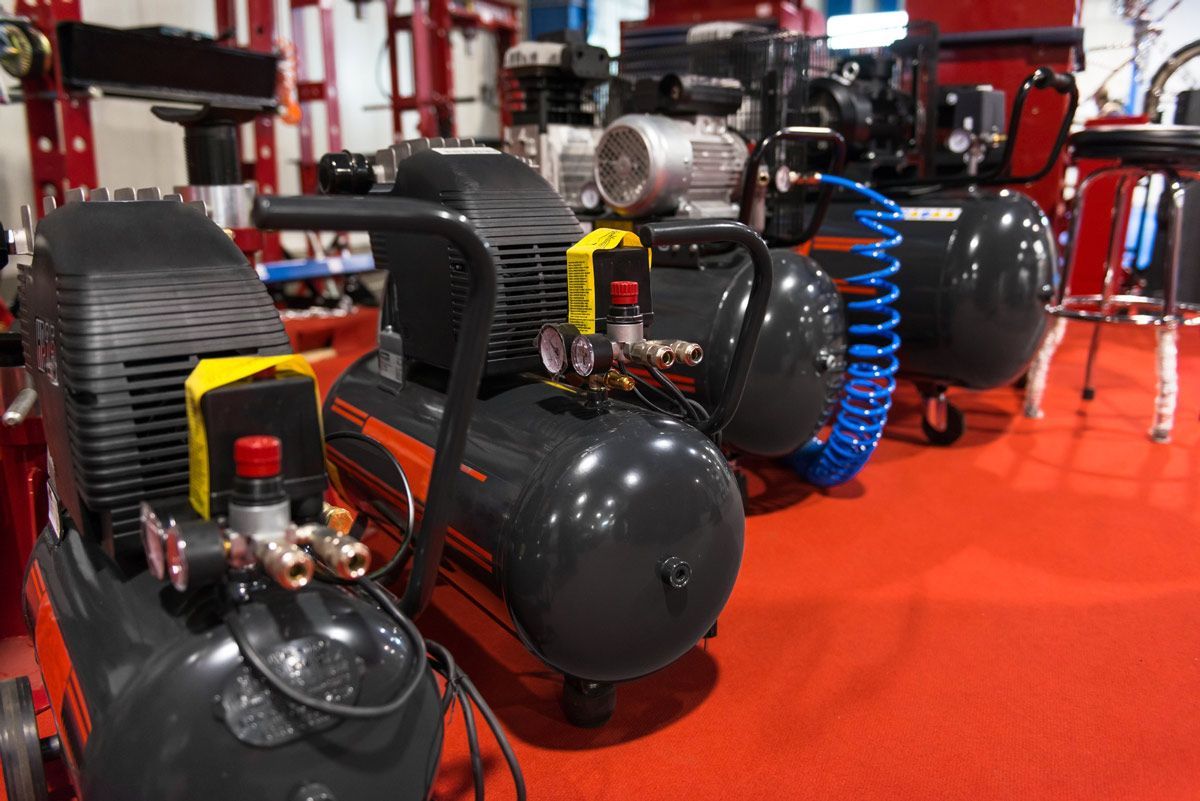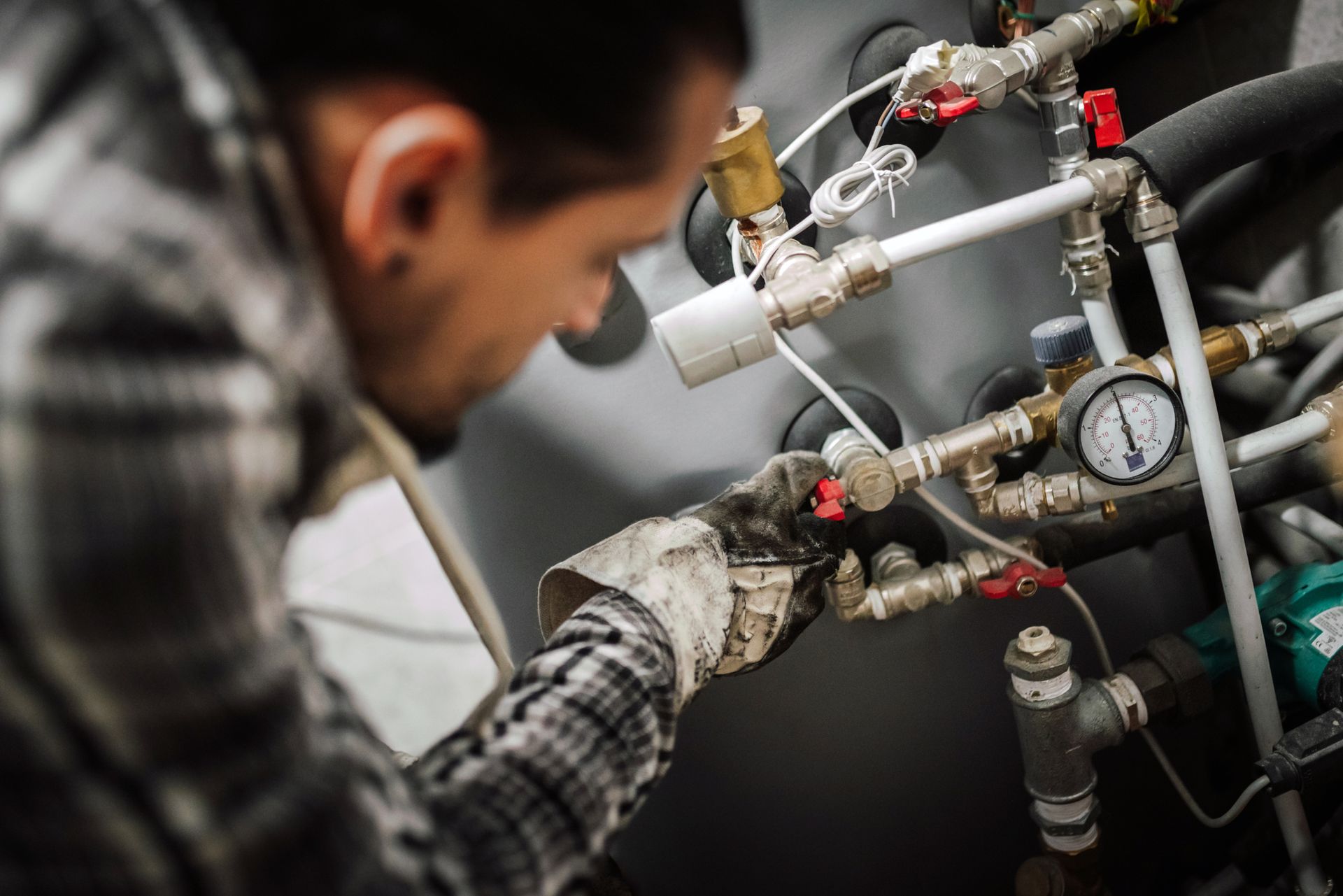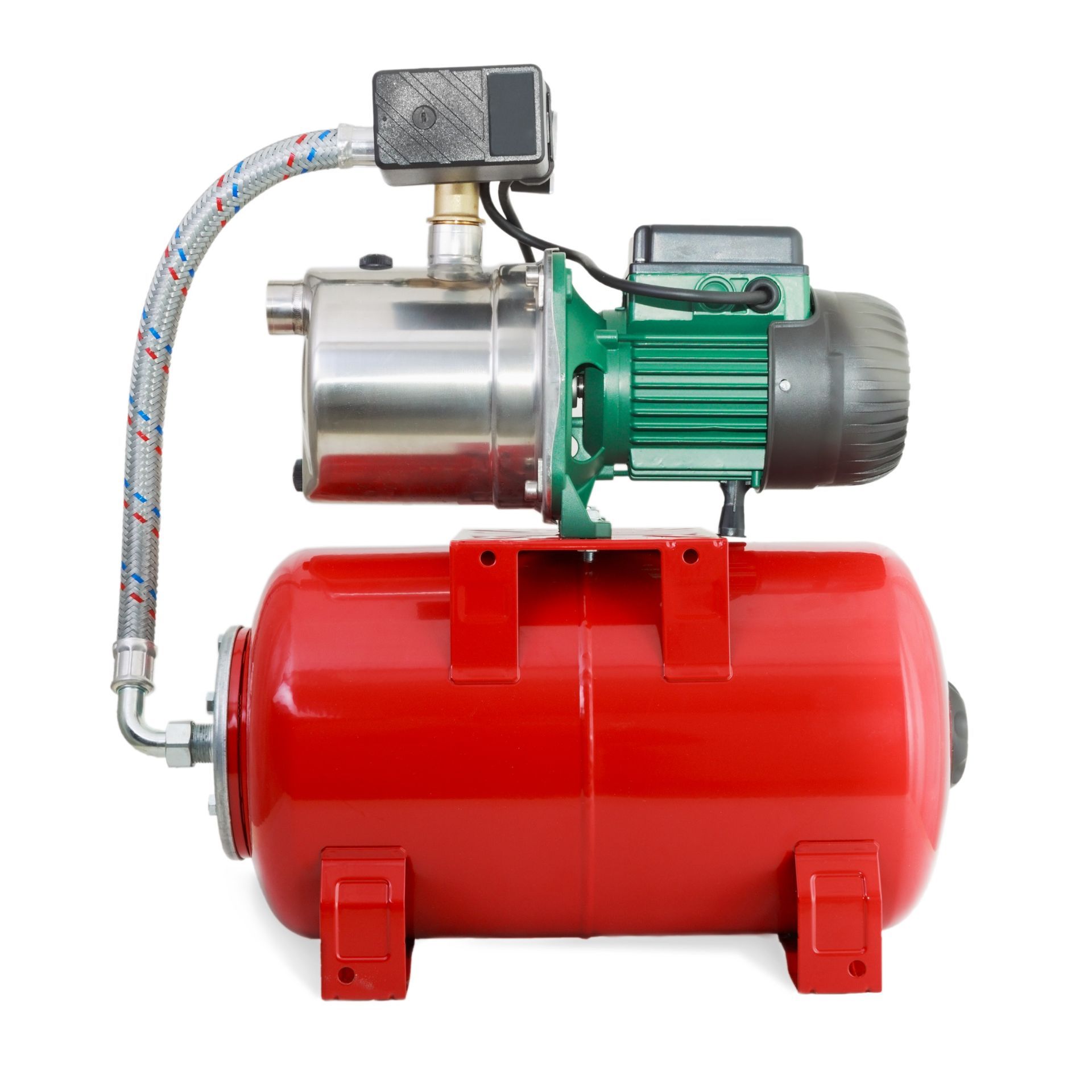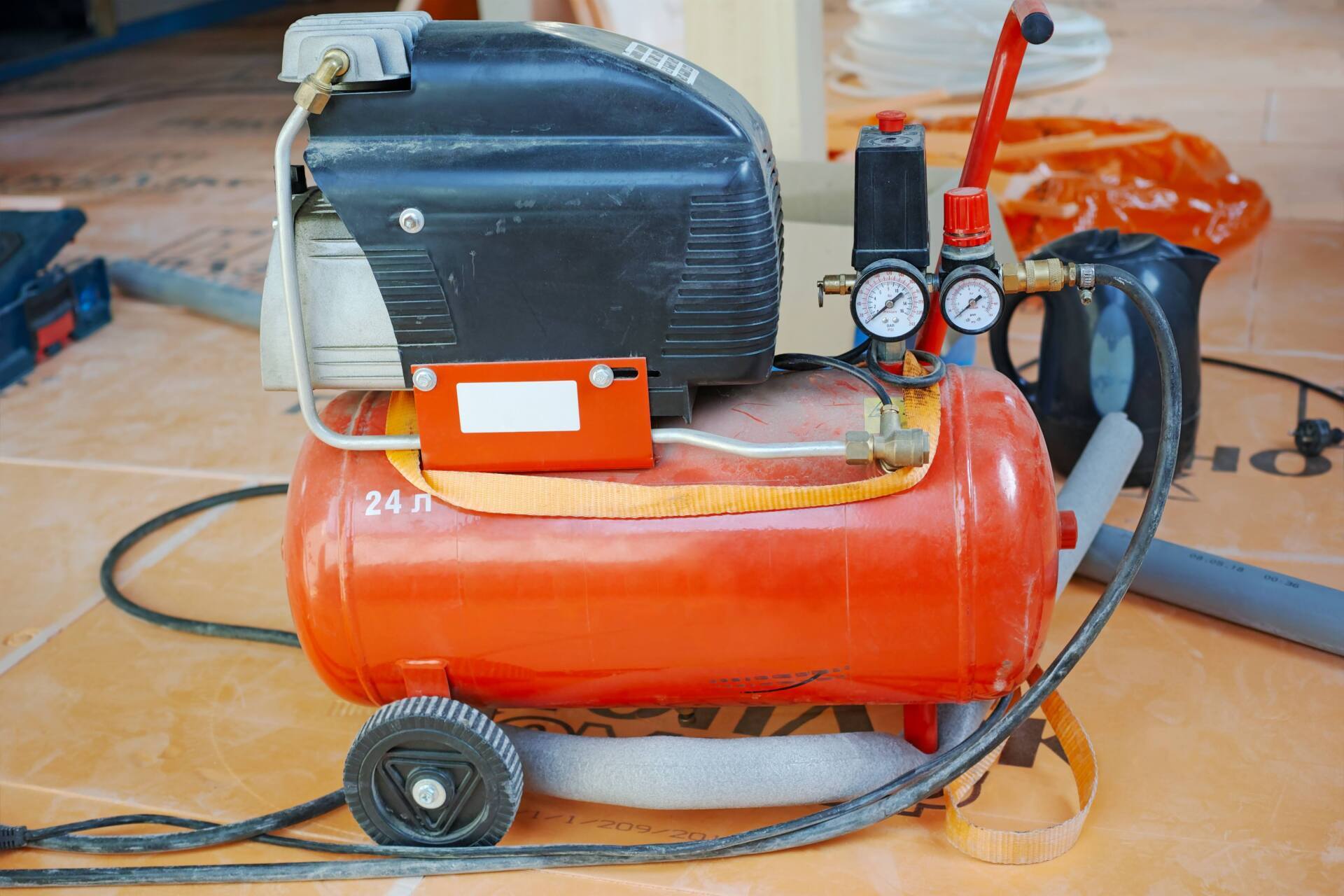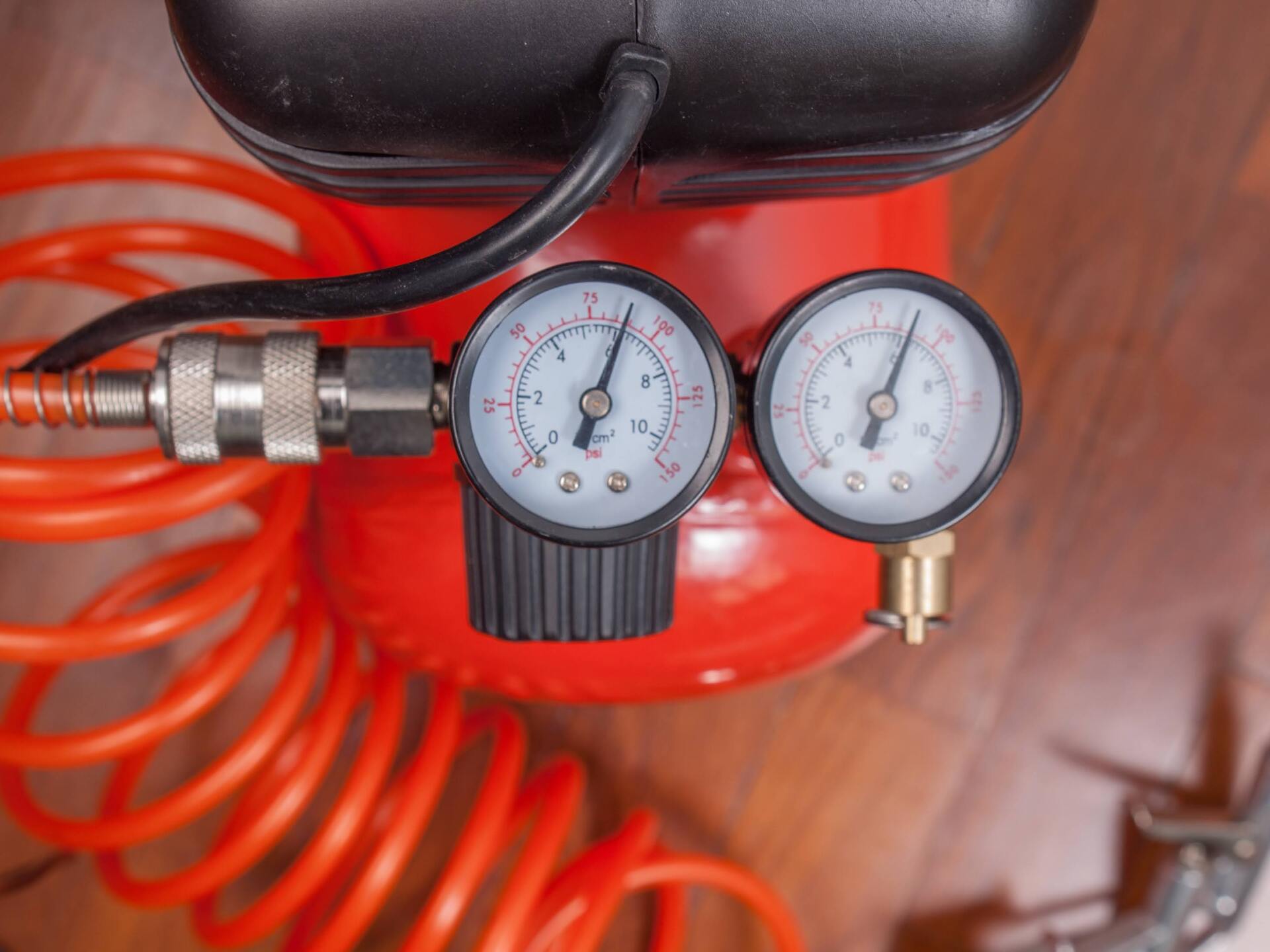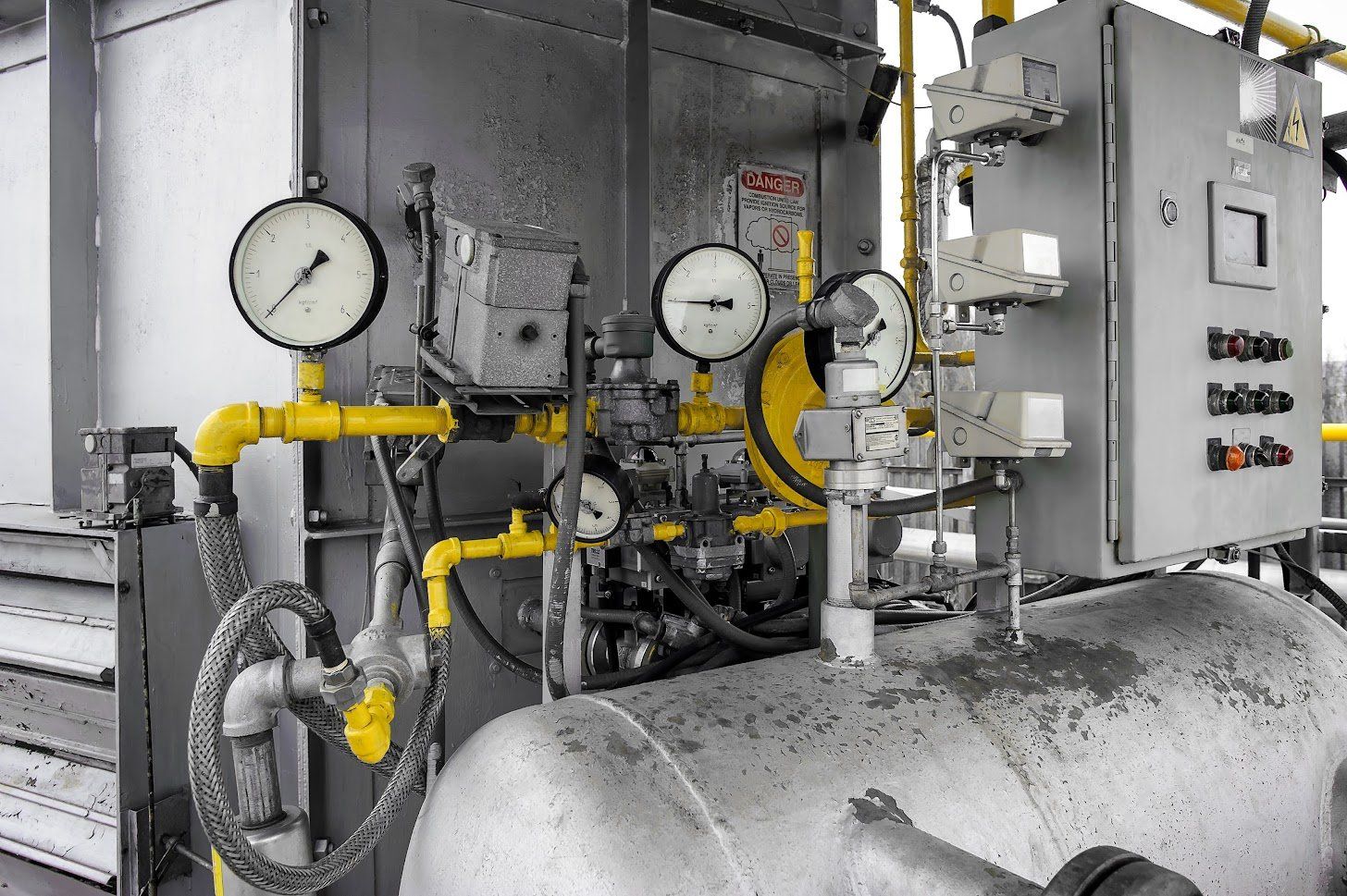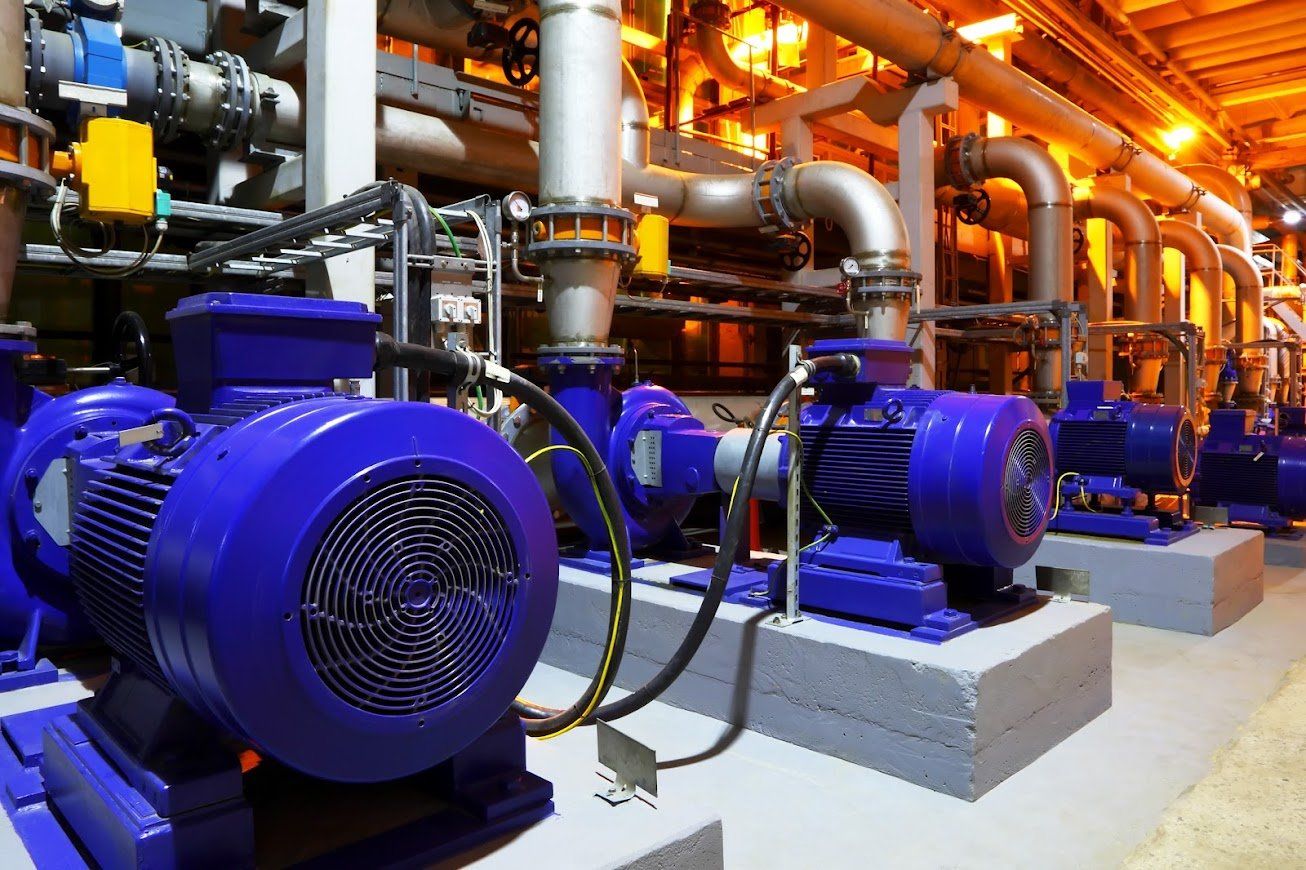What to Know About Marine Air Compressors
What to Know About Marine Air Compressors
- By Admin
- •
- 22 Jun, 2019
- •
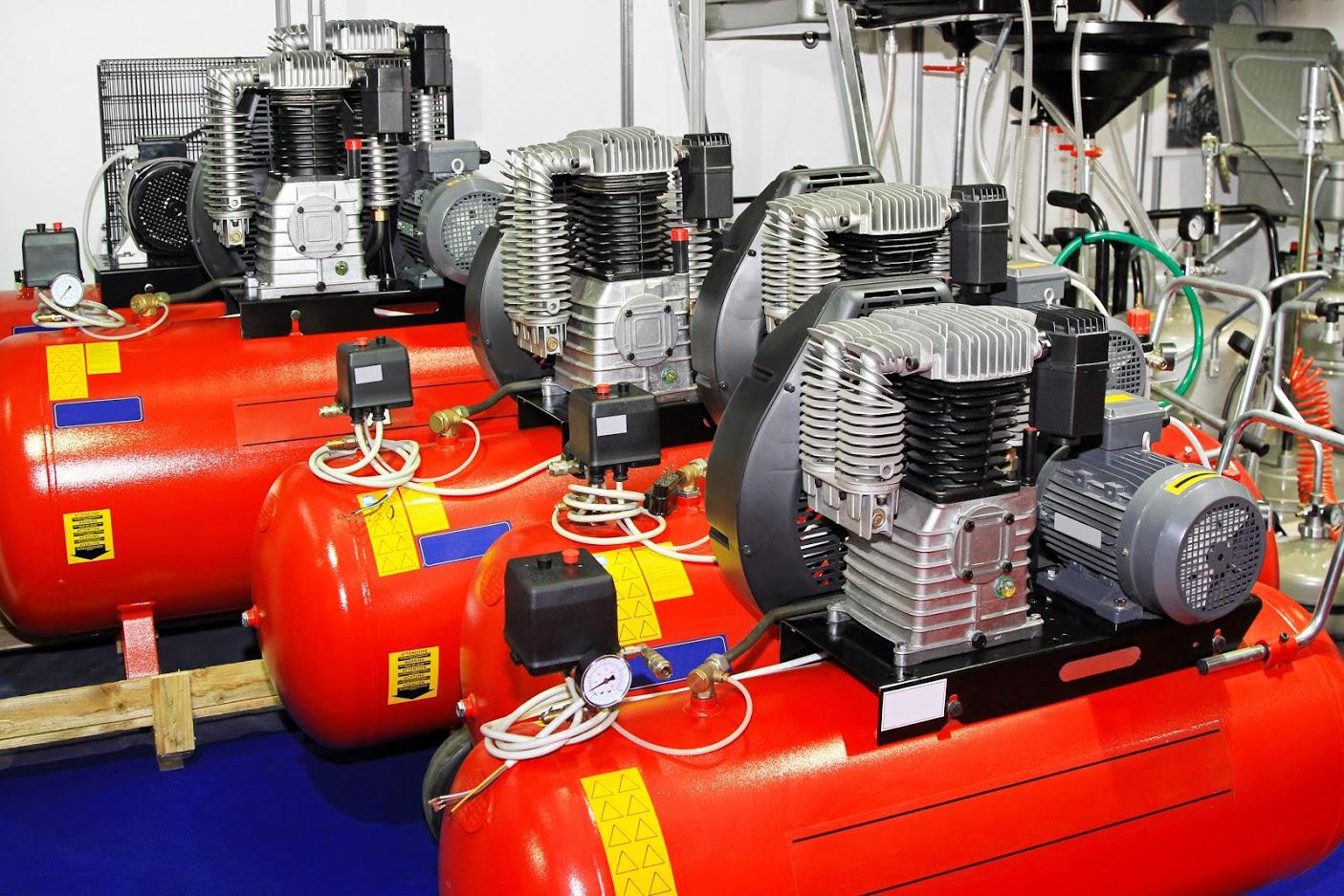
Air compressor use aboard boats, tankers, and other marine vessels is a common phenomenon. While marine compressors share many similarities with compressors used for land applications, there are a few differences. Here's what to know about air compressors in a marine environment.
Marine Compressors Perform Similar Roles but in a Different Environment
Air compressors provide important kinetic power for a range of important ship functions.
Similar to land applications, marine air compressor applications are closely tied to engines. On a ship, those engines are for ship locomotion and other services rather than engine and motor power in a factory. Air compressors aid in the automation and control of a ship's main and auxiliary engines. Additionally, compressors help start main and auxiliary engines.
Much like industrial activity on land, ship activities include the use of pneumatic tools. Here, air compressors aid crewmembers that perform tasks with chisels, drills, grinders, and other tools. Finally, compressors are useful when it becomes necessary to blow soot into a ship's boiler and economizer.
Marine Compressors Have Unique Onboard Uses
On a marine vessel, compressors have their own unique uses. Air compressors are necessary to power important safety features like foghorns and ships whistles. Compressed air is necessary for pneumatic pumps to transfer water, oil, and bilge.
In the event of an emergency while on the water, a ship must rely on its own resources. For example, emergency fire pumps access seawater and are powered by air compressors. When life boats are necessary, air motors help heave up life boats for crewmen and staff.
Ships rely on stores of water to sustain life at sea during long voyages. Air compressors pressurize crucial hydrophores for domestic fresh water and sanitary water supplies. Finally, air compressors serve an important role in the ships sewage plant and help conduct aerobic sewage breakdown.
Marine Air Compressor Demands Create Challenges
Most marine vessels use multi-stage reciprocal compressors because of their ability to meet extremely high psi demands. Unfortunately, high demands create challenges with regards to discharge pressure during first and second stages.
Low pressure during first or second stage discharge has several causes:
- Suction valve cannot close fully and air leaks during compression.
- Suction valve does not open completely to allow air to enter the chamber.
- Faulty discharge valve opens too early.
- Piston rings leak.
Keep in mind that a fouled intake filter can also create low pressure at first stage.
Too high a pressure during first stage discharge may occur if:
- Inter-cooler tubes are blocked.
- Suction valve fails while high pressure air enters the inter-cooler.
Second stage discharge is equally important, and too high a pressure at this juncture may indicate an obstruction in the after cooler or discharge valve. Discharge valve springs that are too stiff can raise pressure. Or, air bottle pressure is too high.
Marine Compressors Need Regular Maintenance and Parts Replacement
In order to better regulate air compressor systems and maintain the right pressure during both discharge stages, regular maintenance and parts replacement are necessary. Certain maintenance tasks need to occur daily or after a set number of running hours of operation.
Many problems that relate to pressure during discharge involve simple components like filters, valves, and rings that fail or need attention. Strict and regular inspection saves time and expense in the long run because pressure stays at optimum levels during discharge.
Whatever the size of your marine vessel, you need the right air compressor system to perform the right way. Give Compressed Air Systems a call and ask how we can improve your current design or help you perform regular maintenance and parts replacement.
- Mon - Fri
- -
- Sat - Sun
- Appointment Only






Serving Whatcom, Skagit, Snohomish King, and Pierce Counties.


